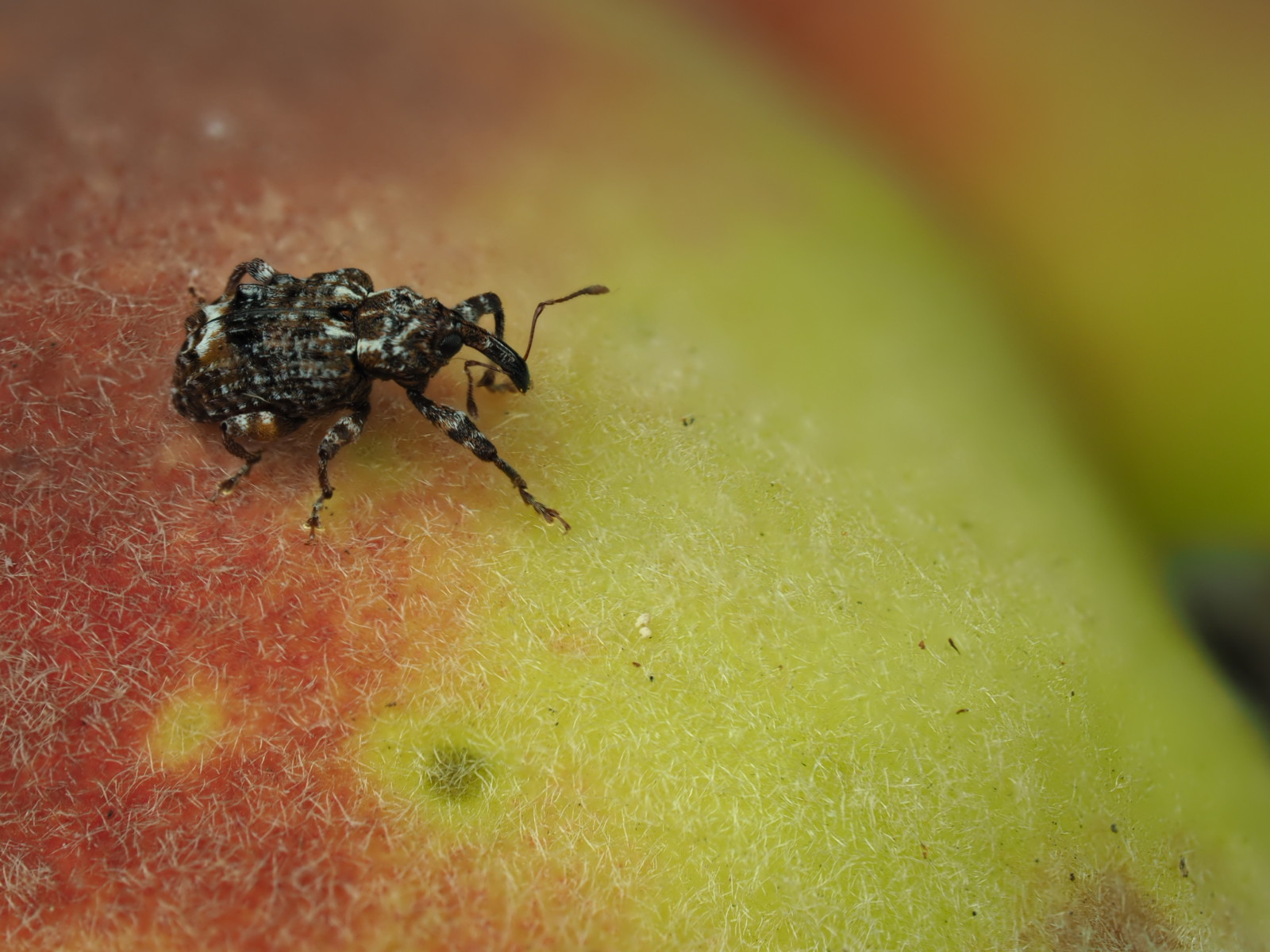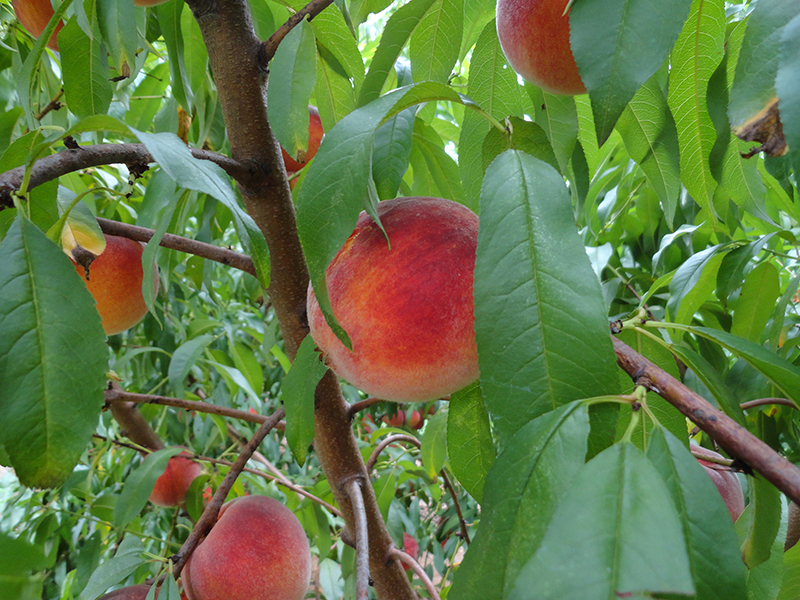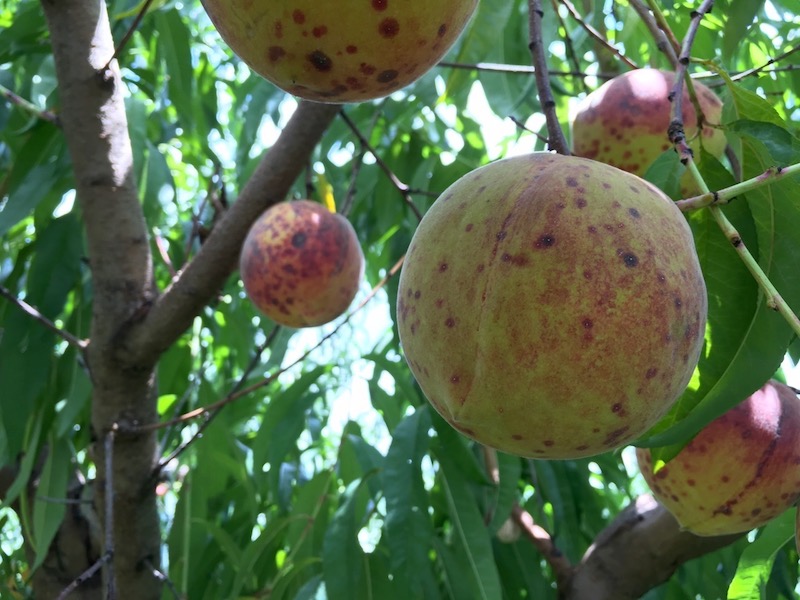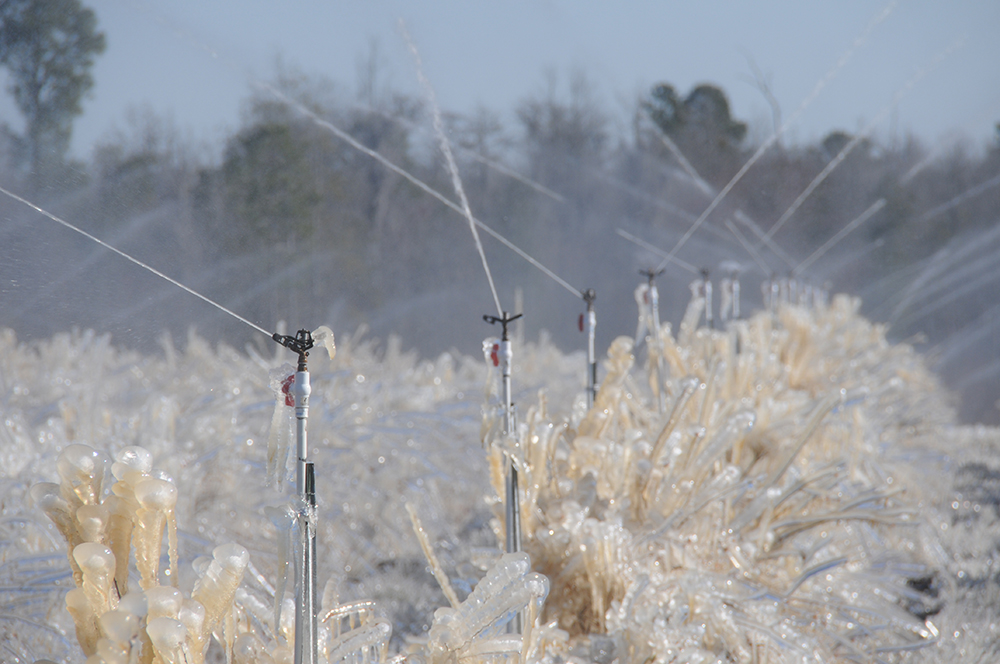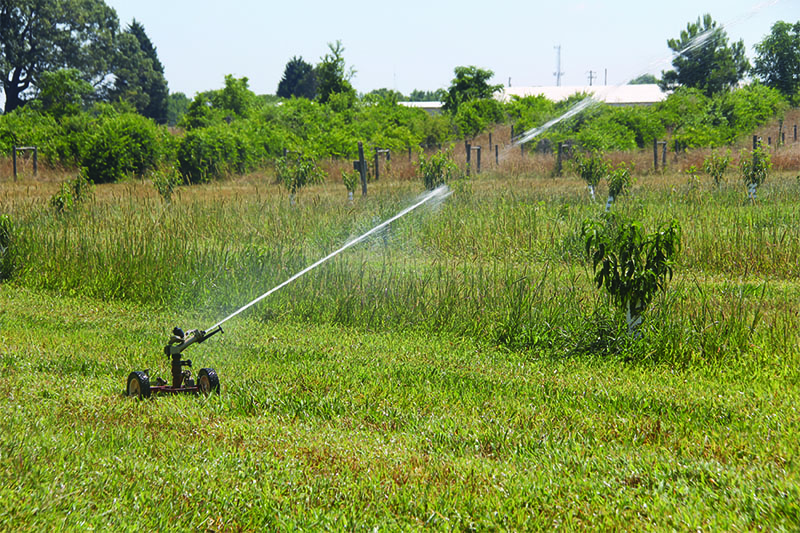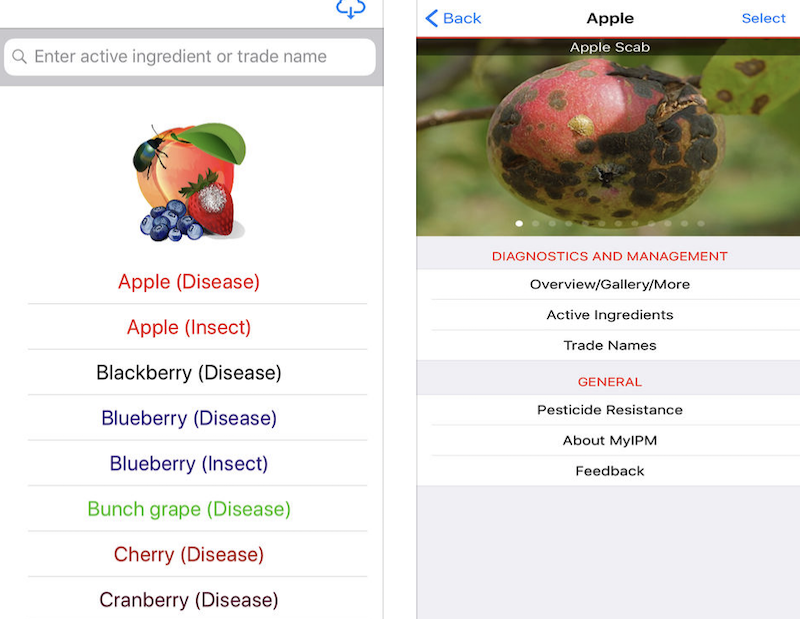 CAES News
CAES News
2024 Peach Season
Last year, the peach industry lost $60 million due to the late freeze that hit much of the Southeast in mid-March 2023, said Jeff Cook, University of Georgia Cooperative Extension agent for Peach and Taylor counties. With no freezing temperatures in the forecast and hope for strong pricing during the upcoming season, peach growers are looking forward to a much-needed rebound year.

